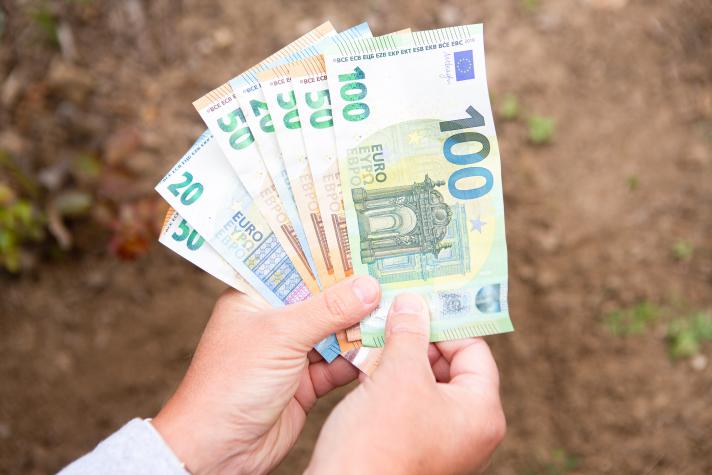You have put in the work and are making your hotel as sustainable as possible. Water savings measures and good waste management, energy efficient systems…you’re even sourcing environmentally friendly local products and reducing the packaging you receive. But are your guests on board with your actions? Your savings can go even further if your guests are actively supporting your sustainability efforts.
Nowadays, guests are often aware of global environmental issues such as climate change, waste generation or biodiversity preservation, but they may not realise how these are affected by their stay at a hotel. Moreover, they are often not aware of the negative impacts of their actions on local environmental issues, especially if they have travelled from a different region. In areas with specific issues, such as limited fresh water availability, these issues can be relayed to your guests with information on how you, as a hotel owner, are supporting programs to address them. Any tangible progress you can show to illustrate your commitment to local or global environmental issues will be positively perceived if you communicate it well. And even more if you pass on to your guests a feeling of empowerment.
Education is key
Holiday visitors are often out to escape from their daily grind, so really don’t want to be hit with a list of rules and restrictions on arrival. But they will likely respond to short, positive messages.
Messages must catch your guests’ attention.
Communicate your sustainable measures to your guests – in person, through signage on site and in your online and print advertising. Keep your message short and positive. If you can, highlight how your actions reduce the impact on your region. This may be contributing to reduced waste transport, which can be an issue in more remote and island areas. It may be reducing the amount of freshwater used in your hotel, a large enough issue in Mediterranean tourist areas. If your guests are urban residents visiting a remote rural area, they may not be aware of the restricted services faced by residents in your region, nor of the impact of maintaining their urban habits in your region.
There are many ways you can make it convenient for guests to assist you in your sustainability actions and save money. Focussing on a few clear actions is key – try not to overwhelm your guests.
Some ways you can guide your guests include:
- A notice next to the room temperature control. Give your guests a suggested range for setting their room temperature.
- A note next to the curtains to encourage guests to regulate heat gain and loss through opening or closing curtains.
- Instructions on where to place towels if they want them laundered.
- Advice on water-saving – turn off the tap while brushing teeth, limit shower length, using the small flush on toilets when appropriate.
- Providing separate bin compartments, clearly marked with appropriate contents (using pictures of typical items for each bin).
- Indicating local, sustainable options in your menu.
- Providing information in person on check-in. Let your guests know about your commitment to sustainability and any local issues.
- Leave local and hotel information in rooms. A page showing guests the actions you are taking to reduce your hotel’s impact and information on regional pressure, such as water scarcity or soil erosion, will create awareness for your guests without the pressure of enforcing any strict rule.
Remember, your guests are most likely outsiders to your region. It is not likely they are aware of the added pressure of seasonal tourism on utilities, regional restrictions or local environmental issues. Educating your guests on these issues, done gently, can increase their enthusiasm for supporting your sustainability efforts. Depending on your region, there may be additional resources you can use to educate your guests.
In the Mediterranean, coastal tourism has placed water resources under such pressure the WWF has issued a Code of Conduct for Mediterranean Tourists (2005). This Code of Conduct was developed based on information collected by the WWF for their report, Freshwater and Tourism in the Mediterranean (2004). This report highlights the issues of providing suitable fresh water across coastal tourism areas due to tourism, over development and exploitation. For example, the Costa Brava coast has a population increase from 150,000 to 1.1 million in August, while some of the Cyclades islands of Greece experience water requirements 5 – 10 times greater in summer than winter. In many areas, infrastructure was not set up to accommodate these fluctuations.
Local tourism organisations can often help with ways to frame your messages in a way that will reflect positively on your hotel and be well-received by your guests. Show them that you are actively working towards more positive actions for the region they are visiting and they will be likely to respond. Through your actions towards guests, and based on your suggestions, education and encouragement, you will end up saving money on your water, electricity and waste management bills.
Details
- Publication date
- 6 May 2013
- Author
- Directorate-General for Environment

